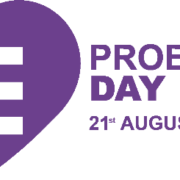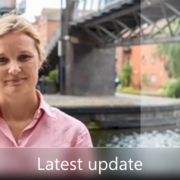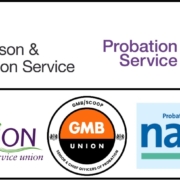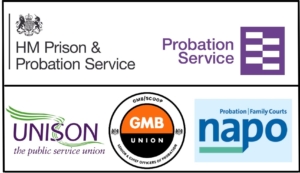New PCSC Bill
In May, the new Police Crime Sentencing and Courts (PCSC) Bill introduces some important changes to Electronic Monitoring (EM) that I need to be aware of if I work in a region where I manage people on probation (PoP) with both and UPW requirement and and EM curfew requirement. I will have been briefed on the changes ahead of their launch. Firstly, courts will now have the option to increase the length of the EM curfew from one, to two years.
In Addition to this, from the end of June/beginning of July, as a Practitioner for PoP on community disposals only, I will have additional authority to vary EM curfew requirements without going back to court. I will have authority to vary when, during the day curfew hours take place on an order for example, I can split hours up across the day allowing for employment, childcare or religious commitments, however the total number of hours my PoP is curfewed each day on will remain the same.
Should my PoP change address, I will also be able to amend this without going back to court. Similar to the HD Variation process, I will do either of these things by completing the safeguarding and Domestic Abuse checks (for change of address) and completing a form that will be triaged by my SPO and approved by my PDU Head. This notifies both the court and the EMS provider, who will send confirmation notices to me, with EMS attending any new address before I can inform my PoP and record the contact in nDelius. This new process will save me time and support my PoP to better comply with their EM requirements which in turn, should mean they will better comply with their order.
The new rules will not be applied retrospectively, so are only available to PoPs sentenced on or after the date it is introduced. This means that for a while, I will be managing two separate processes, till my PoPs sentenced before that date have completed their curfewed hours.
To champion these changes, support learning and development and start to measure how EM is used across probation, my region will welcome an EM Lead (SPOC) who will help us implement and embed new processes, measure usage/collect data from probation and EPF (courts) to form a management information dashboard and drive innovation. All upcoming changes to EM will be captured and presented in a new EM Operational Framework, a guide that will be available to me before the PCSC Bill is introduced. I will be briefed on the process when it launches in my region.











